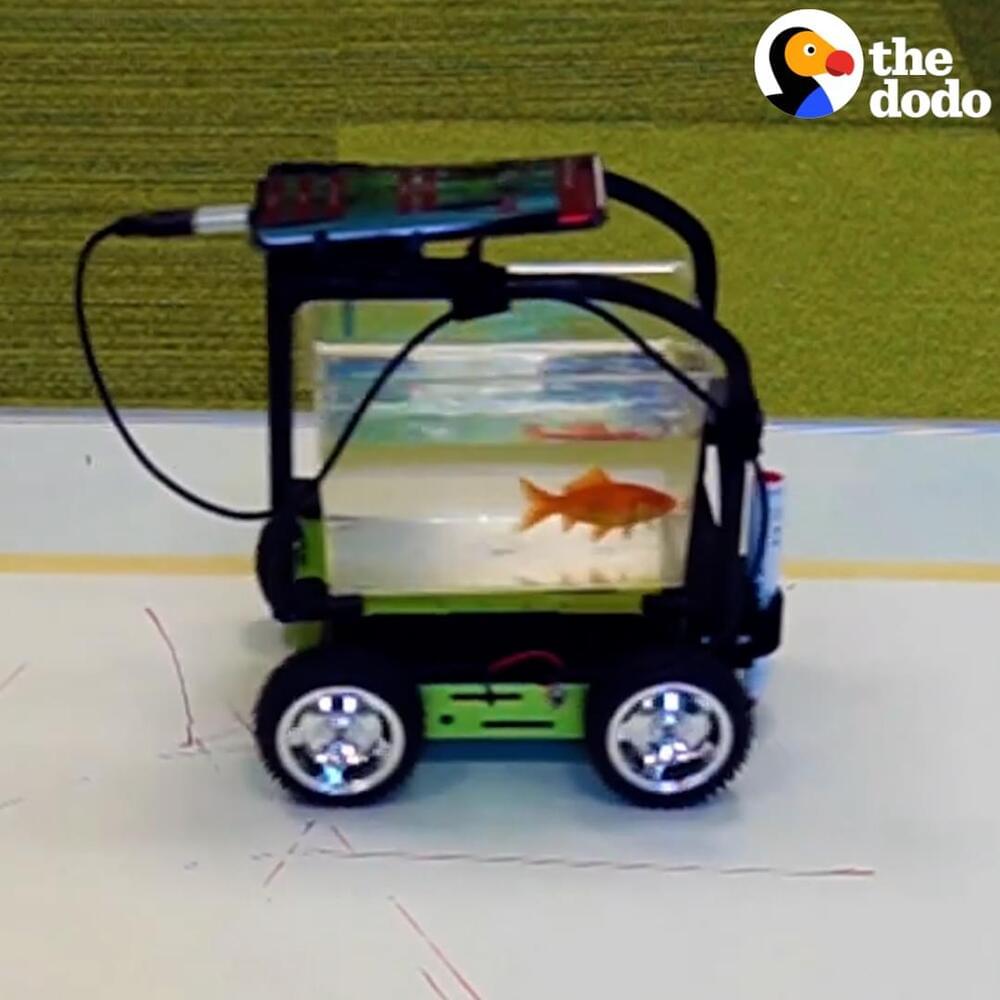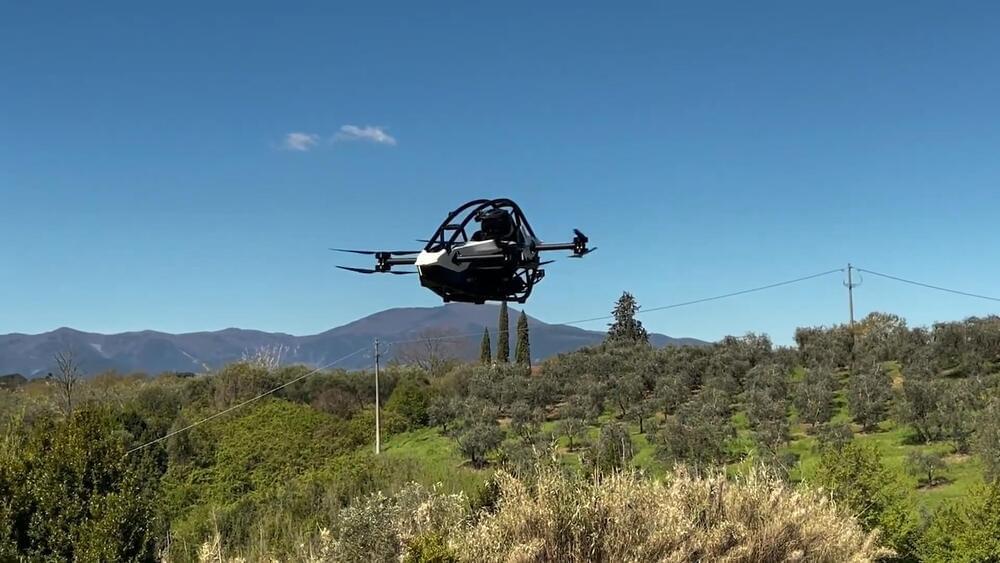Circa 2016
Reports that scientists have created “the first fully living dinosaur embryo in millions of years” using DNA from chicken skin are fake news.
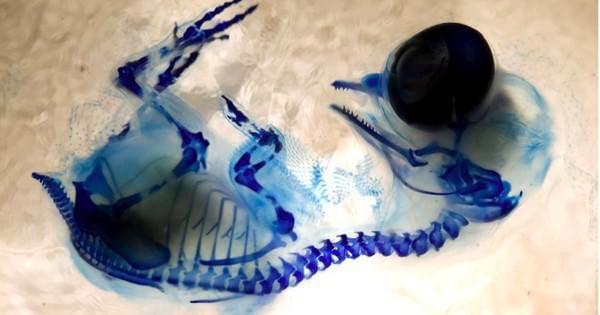
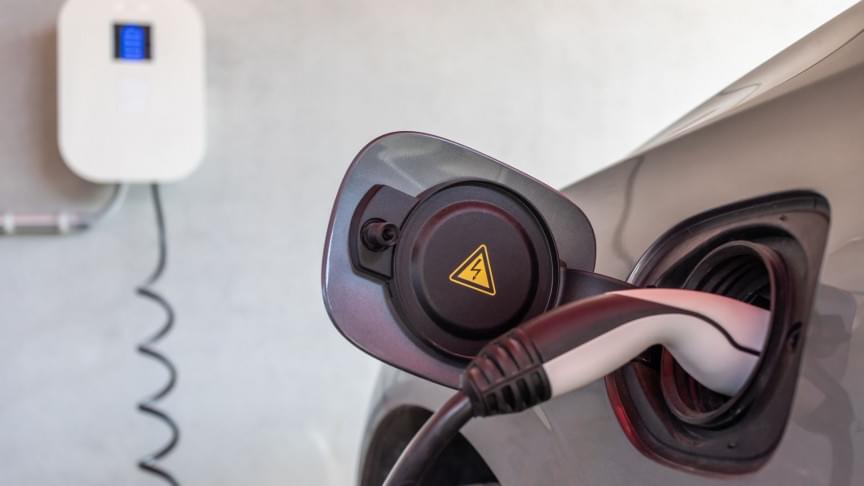
Tesla’s battery research arm based in Canada published a paper earlier this month that provides details of a battery design that could serve us for 100 years, Electrek reported.
As the world looks to reduce carbon emissions, electric transportation is one of the ways that is being touted to achieve emission targets that countries have set themselves. To ensure this can be sustainable, countries need to switch to renewable sources of power, while electric vehicle makers need to ensure that the cars themselves do not become a cause of concern.
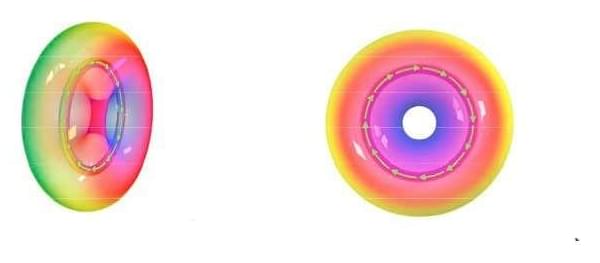
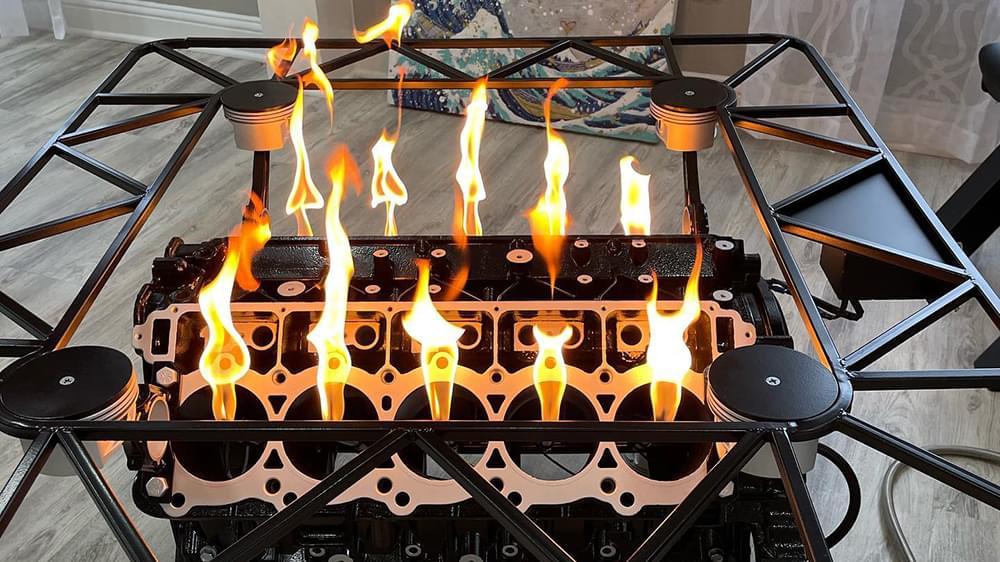
The artist used the Viper’s massive 10-cylinder mill, which has been given a deep scrub so that it looks practically brand new, as the pit’s base. He then attached pistons and connecting rods to the engine block for use as legs and support. In images of the table Cobb posted to Facebook you’ll notice that there’s no surface, but that’s likely just to show off its fire pit capabilities. We imagine a simple glass top could be used to turn it into a fully functional coffee table.
While the table-pit’s design is likely to stop you in your tracks, even more jaw-dropping are its fire-breathing capabilities. Cobb equipped each cylinder of the engine with its owner burner and igniter, so that a flame spits out of each. He also rigged up a pretty cool ignition system to turn the fire pit on. You simply turn a key installed in the engine block to turn on the igniters and feed each of them gas from an attached tank by stepping on the pedal from an actual Viper. It’s really not much different from getting the actual supercar’s engine roaring. Of course, it should go without saying that you’ll only want to use the fire pit function outside. If you’re eyeing this as a coffee table, though, its suitable for indoor use.

No one should think we are over COVID.
WASHINGTON — Federal health officials warned on Wednesday that a third of Americans live in areas where the threat of Covid-19 is now so high that they should consider wearing a mask in indoor public settings. They cited new data showing a substantial jump in both the spread of the coronavirus and hospitalizations over the past week.
Dr. Rochelle P. Walensky, the director of the Centers for Disease Control and Prevention, said that the seven-day average of hospital admissions from Covid rose 19 percent over the previous week. About 3,000 people a day were being admitted with Covid, she said, although death rates, a lagging indicator, remained low.
More than 32 percent of Americans now live in counties with medium to high levels of virus transmission, compared with about 24 percent the previous week. Dr. Walensky said that local leaders and individuals in those regions should adopt — or at least consider — prevention strategies, such as masking in indoor public settings and more frequent testing.
